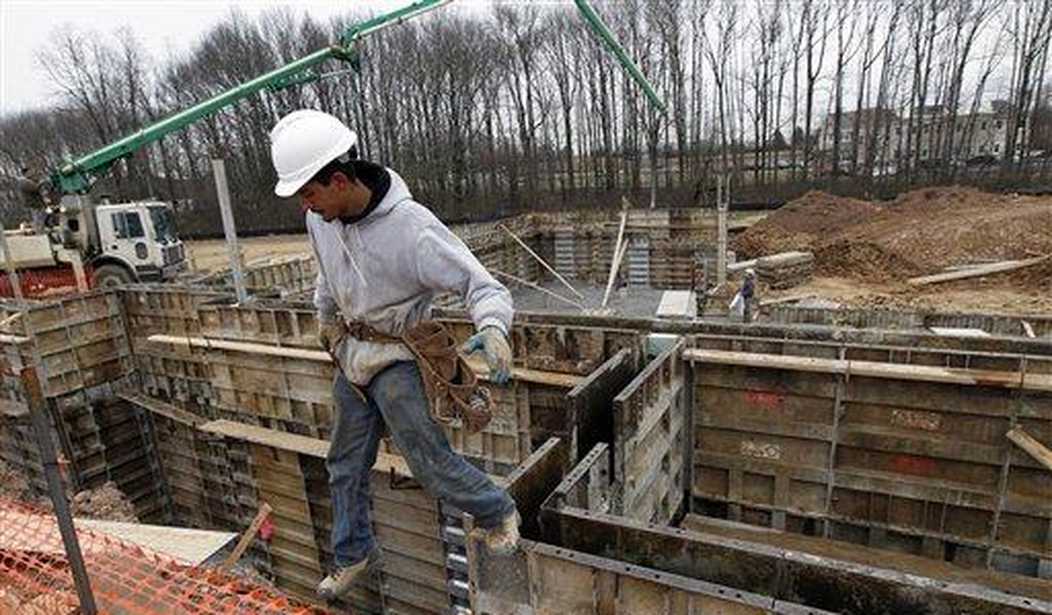Rent control is one of those ideas that liberals fall in love with but that never seems to work out in real life.
Even the concept is flawed. Not allowing landlords to charge what the market will bear distorts everything; supply and demand are skewed to the point that once initiated, it's very hard to relax or repeal rent control.
Kamala Harris wants to pass a national rent control plan that, if enacted, will only make rent more expensive and exacerbate the current housing shortage. We know this because that's what happens when rent controls are initiated. It's Econ 101: limit the supply of something and prices go up with no incentive to make more of it to alleviate the shortage.
The Netherlands enacted a national rent-control program in July. The Dutch already had rent control that covered about 80% of its rental housing. The new policy brought 96% of the nation's rental housing under the rent-control regime.
The Netherlands has the highest proportion of rent-controlled homes in Europe, according to the Organization for Economic Cooperation and Development. About a quarter of them are owned by private landlords, with the rest belonging to housing associations that are similar to co-ops. Before the new law came into effect, four-fifths of the country’s 3 million rental properties were subject to controls, and the law raised that to 96%, according to the housing ministry. The measure caps rents on about 2.5 million homes at €880 [$980 US] a month for households earning less than €52,671 [$58,393 US]. The rest of the properties covered by the law have a maximum rent of €1,158 [$1,284 US] a month; though they have no specific income requirements, they’re aimed at families with modest salaries.
“The sad reality is that for home seekers, it now has become harder than ever to find a rental property in an already tight market,” says Michiel Vrijman, who runs the Dutch operations of Heimstaden Bostad AB, a Swedish company.
The tight market is hitting the middle class hardest. The poor benefit from rent-controlled properties, but those in the middle find it nearly impossible to find a place to live.
"In a year, probably people will take to the streets to complain about this situation because it’s getting harder and harder to find a rental property,” says Jasper de Groot, CEO of property listings website Pararius. “The price will increase in the liberalized market because the demand is so high.”
Proponents of rent control like to wave away the problems created by the policy as something that can be fixed with better and/or more sweeping controls of rental housing.
In fact, different rent control designs just produce different problems.
Apply rent control to new construction, and developers build less rental housing. Apply rent control to existing rental housing and landlords sell out to owner-occupiers. Prevent landlords from taking their units off the market, and housing quality deteriorates. (In the long run, this also reduces supply by preventing the redevelopment of existing rental housing.)
Harris's plan calls for a 5% cap on rent increases for "corporate" (large) landlords regardless of their expenses or inflation. It's guaranteed to exacerbate the housing shortage, but it looks great on a campaign website.
That Harris would even propose it demonstrates a lack of awareness that's unusual even for her.










Join the conversation as a VIP Member